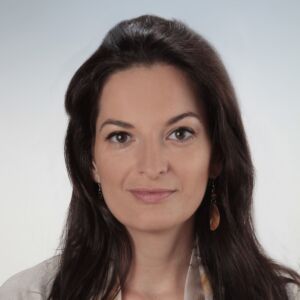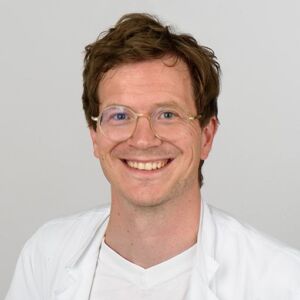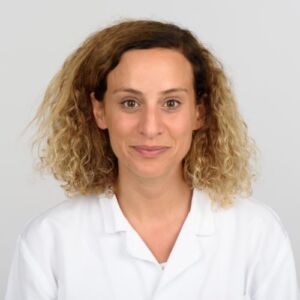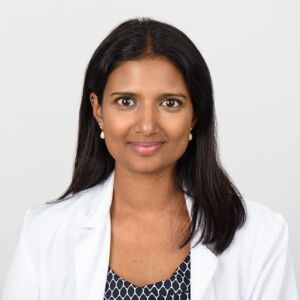Dystonia can be treated on an outpatient basis by neurological specialists or in a special center (movement outpatient clinic). There are several options available for this. Which therapy is suitable depends primarily on the form of the disease:
For patients
As a patient, you cannot register directly for a consultation. Please get a referral from your primary care physician, specialist.




